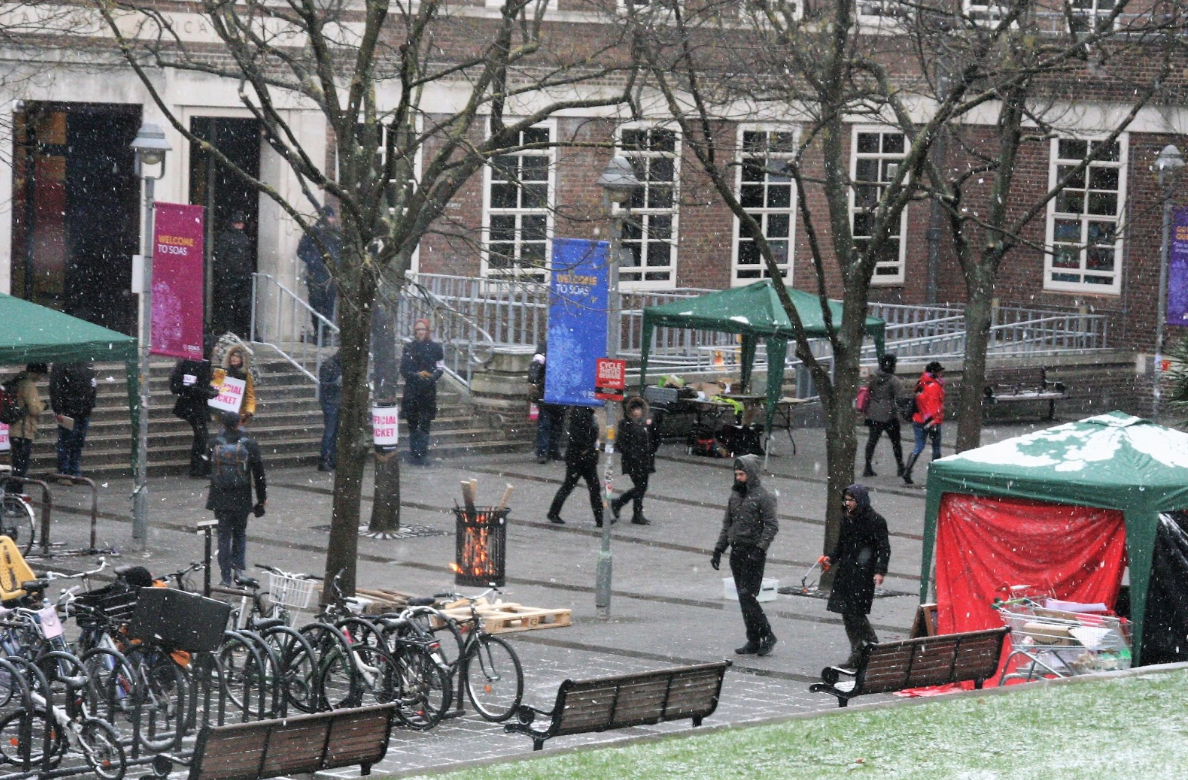Only 57% of SOAS Students Know Who Their Academic Advisor Is

Will Durrant, BA History
More than half the students at SOAS have never met with their Academic Advisor, The SOAS Spirit has learnt.
A Students’ Union survey, which has reached 147 students so far, found that only 57% of students know who their Advisor is, whilst just 38% have ever met with their advisor. Several students even demonstrated no awareness of the Advisors scheme.
The survey has highlighted a lack of uniformity across the School’s departments. Students in interdisciplinary departments and the Finance & Management Department were least likely to have had contact with their Advisor. The results also highlight that those in the East Asian Languages & Cultures (EALC) and Language, Cultures & Linguistics (LCL) departments may face difficulties contacting their Advisor.
“Several students even demonstrated no awareness of the Advisors scheme. ”
Breaking the results down, first-year undergraduates generally have the best experience with the Academic Advisor programme, as 84% of respondents have been in contact with their Advisor. The opposite could be seen amongst returning undergraduates, with one third-year BSc Economics student writing, “We were never told that we had Academic Advisors.” Amongst postgraduates, the proportion of negative responses was also high.
Hau-Yu Tam, the Students’ Union Co-President for Democracy & Education, is concerned that SOAS “seems to be really behind on advising systems if we’re still at the stage where more than half of students [are failing] to meet with their advisors.” Hau-Yu adds, “This is a worrying sign.”
Hau-Yu warned that the results should not be generalised, but stressed: “Judging from the responses we have, there is plenty that students want to say not only about their advisors but about their learning experience in general. My concern is now about following up with the students who do not know their advisors. The SU is working with the School to issue more guidance for Advisors and students. I am very focused on embedding the conversation on Advisors in as many places as possible.”
Speaking to students, it was clear to that awareness of the Advisors scheme is low. Some students who know about the scheme have also had poor experiences with the scheme. One student told us that: “Last year, I tried to contact my Advisor twice when I needed help. I never got a response, which really upset me at the time.” They also told us that not having an accessible tutor has negatively impacted their mental health and wellbeing: “To be honest, I dealt with [my concerns] myself and with a few mates. It would have been nice to have support, but I passed my first year, and that’s what mattered most.”
When asked about the survey, SOAS stressed the importance of the Academic Advisors scheme: “Each year, all students are assigned an academic advisor who should act as the first point of contact for any personal or general academic issues. We have worked with the Students’ Union to undertake surveys for both staff and students to help inform how we improve academic advising, which is a key development for SOAS. We know we need to do more to ensure students know who their Academic Advisor is and there are some important practical steps that we will take following the survey.” A SOAS spokesperson told The Spirit that these steps include requiring Advisors to reach out to and meet with their advisees, alongside “more effective ways to communicate information to students.”
Results of the survey will be published by the Union soon, along with new posters to introduce ways to get support from Advisors via department offices and the SU. In the meantime, the survey remains open.
To find out who your Academic Advisor is, you can visit your department office or contact your Head of Department.
If your queries have not been resolved, you can email the Union’s Co-President for Democracy and Education (hy12@soas.ac.uk) and the staff member leading the revised Advisor programme (eo3@soas.ac.uk)



